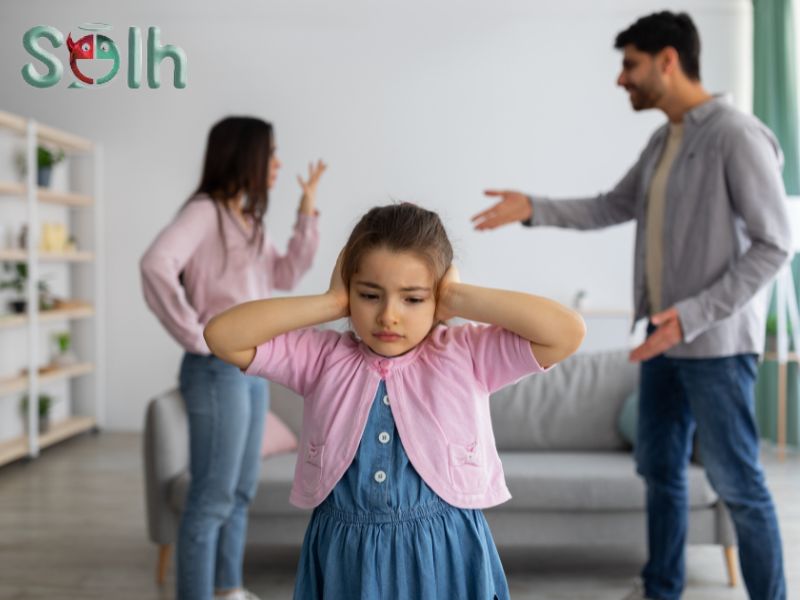The early years of a child's life are a whirlwind of development. As parents, we witness incredible milestones – from those first wobbly steps to the joy of their first words. But within this whirlwind, it's natural to wonder if everything is progressing as expected.
Early detection of Autism Spectrum Disorder (ASD) can make a significant impact on a child's life. This blog aims to shed light on some of the early signs of autism, empowering parents with knowledge and the confidence to seek professional evaluation if needed.
Social Communication Challenges
Children on the autism spectrum may face difficulties with social communication. This can manifest in a variety of ways, such as:
- Limited eye contact: Making eye contact is an essential part of social interaction. A child with ASD may make infrequent or fleeting eye contact.
- Difficulty with gestures: Pointing, waving, and other gestures are important for communication. A child with ASD may not use these gestures or use them in atypical ways.
- Challenges understanding emotions: Facial expressions and the tone of voice are key to understanding emotions. A child with ASD may struggle to interpret these social cues.
Repetitive Behaviors
Children on the spectrum often engage in repetitive behaviors or have a strong preference for routines. This can include:
- Fixation on specific objects or activities: A child may become very attached to a particular toy or be preoccupied with a particular action, like lining things up or spinning objects.
- Insistence on routines: Children with ASD may thrive on predictability and become distressed if routines are disrupted.
Sensory Sensitivities
The world can be a very stimulating place. Children with ASD may have heightened or dulled sensitivities to sights, sounds, smells, tastes, or textures. This can lead to:
- Overreaction to loud noises or bright lights.
- Underreaction to pain.
- Dislike for certain textures or clothing.
Conclusion
It's important to remember that these are just some of the potential signs of autism. Every child develops differently, and some may exhibit only a few of these characteristics. If you have any concerns about your child's development, don't hesitate to speak to your pediatrician. Early intervention can make a world of difference.
There are many resources available to help children with ASD and their families. By seeking professional evaluation and support, you can ensure your child has the tools they need to reach their full potential.
At Solh, we deeply value mental health and understand the pivotal role of compassion in the overall well-being. That's why we've carefully assembled a suite of empowering Self-help tools and Community Support tailored to nurture your mental health. Our curated offerings encompass a diverse array of resources, from journaling, support groups to Solh Buddy, allowing you to share your experiences,seek support, offer guidance and connect with others - anonymously or as yourselves. Take control of your path towards enhanced mental well-being by exploring and utilizing our comprehensive resources at Solh!



